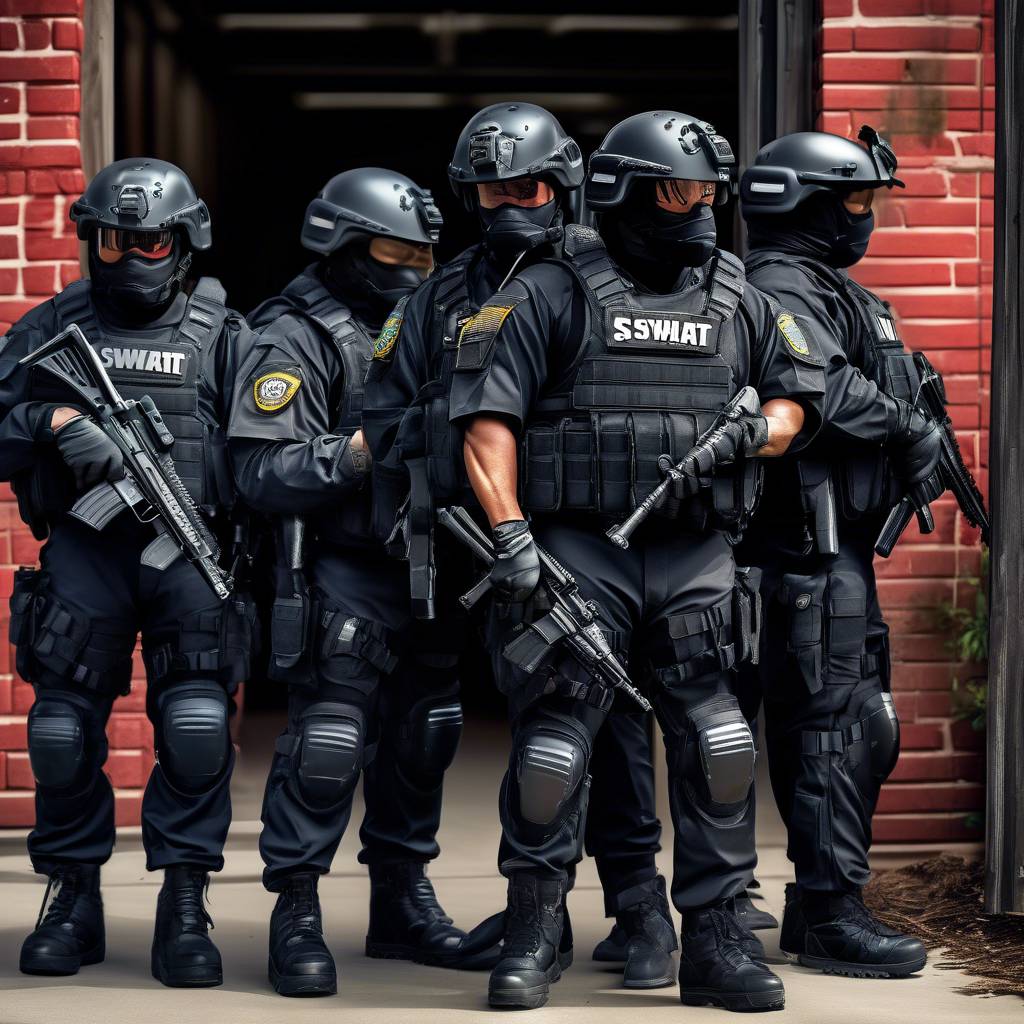The Department of Homeland Security launched an investigation into an Ohio police department after discovering that they had purchased counterfeit body armor made in China for their SWAT unit. The investigation revealed that the armor did not meet the standards of the National Institute of Justice, putting the lives of officers at risk. As a result, the police department needed to replace the armor, which cost $1,300 per plate, totaling $52,000 for 40 plates. The Akron City Council swiftly approved the request for immediate funds to replace the fraudulent body armor, emphasizing the importance of protecting law enforcement officers with proper gear.
The National Institute of Justice (NIJ) sets the standards for performance-level body armor, ensuring that the gear can withstand bullets and protect against blunt trauma. It is the only nationally accepted standard for body armor worn by law enforcement officers. The issue of counterfeit body armor made in China is not new, as evidenced by a Texas man who pleaded guilty to selling Chinese-made military helmets, body armor, and other gear to federal agencies while passing them off as US-made products. He faced a potential 20-year prison sentence but was convicted of lesser wire fraud charges and given 33 months in prison. In a similar case, a Washington State man was sentenced to prison for selling low-quality protective equipment from China to law enforcement agencies and the US Military.
In addition to the Ohio police department’s situation, other cases have involved individuals and companies selling counterfeit body armor and protective gear to federal agencies and law enforcement. These individuals falsely claimed that the gear was made in the United States when, in reality, it was imported from China. This fraudulent activity not only puts the lives of law enforcement officers at risk but also undermines the trust and integrity of the equipment they rely on to perform their duties safely. These cases highlight the importance of ensuring that all body armor and protective gear meet the necessary standards to protect those who serve and protect our communities.
The consequences of using counterfeit body armor made in China can be severe, as demonstrated by the potential harm to law enforcement officers and the legal repercussions faced by those involved in selling fraudulent gear. The Department of Homeland Security’s investigation into the Ohio police department’s purchase of counterfeit armor highlights the need for increased vigilance and oversight to prevent such incidents from occurring in the future. Law enforcement agencies must be able to trust that the gear they purchase meets the necessary safety standards to protect their officers in dangerous situations.
Despite the challenges posed by the availability of counterfeit body armor in the market, law enforcement agencies must prioritize the safety of their officers by investing in high-quality, properly tested gear that meets established standards. By ensuring that officers are equipped with reliable and effective protective equipment, agencies can mitigate the risks they face in the line of duty and uphold their duty to protect and serve their communities. The swift response of the Akron City Council to approve funds for replacing the fraudulent body armor underscores the commitment to ensuring the safety and well-being of law enforcement officers in the face of potentially deadly situations.









